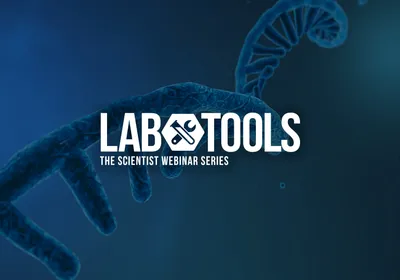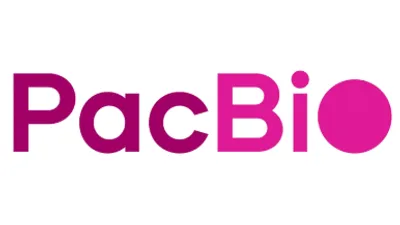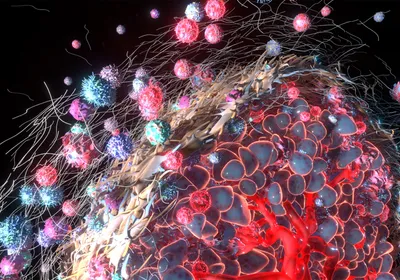ABOVE: © ISTOCK.COM, VADYM TERELYUK
A blood test has detected cancer in individuals who had no history or symptoms of cancer. A trial of the test, which is still experimental, shows that it is possible to identify signs of cancer early on, long before people show symptoms of being sick. But the study also identified some people as having cancer when, in fact, there were no tumors at all, and it missed some cases of cancer, researchers reported yesterday (April 28) in Science and at a virtual session of the American Association for Cancer Research meeting.
“This [test] is not at the place where it could be used today,” Len Lichtenfeld, the deputy chief medical officer for the American Cancer Society, tells the Associated Press. “It will need many more studies to demonstrate value,” including whether it improves survival, he adds.
The test, which analyzes blood for DNA released by ...























